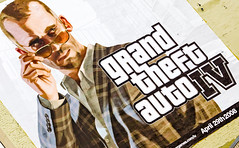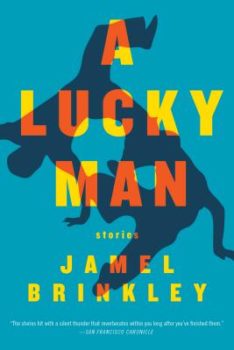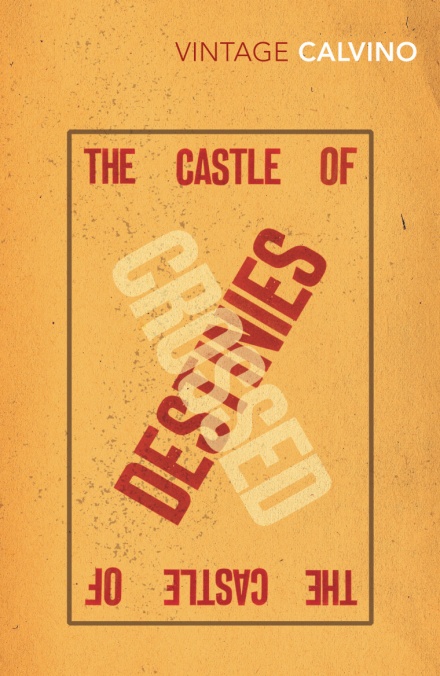Why aren’t more novelists writing video games? That’s what the Guardian asked recently:
Part of the problem is clearly to do with priorities. As the game writer and former critic Rhianna Pratchett says in the film: “Story is often the last thing thought about and the first thing pulled apart.” So much effort goes into making spectacular worlds, tackling the technical logistics and ensuring the playing experience is enjoyable that decent plot and dialogue fall by the wayside.
Yet there are trickier issues involved. As a few people say in the film, gaming presents a unique challenge in terms of linear narrative. Or rather, the general lack of it. All the variant paths and possibilities relating to moving through a game offer plenty of potential for creativity – but thinking about wrapping it all together is so brain-ache-making and frequently needs such mathematical precision that it’s small wonder game writers are less able to concentrate on things such as dialogue. There’s also the continuing problem of working that dialogue properly into the game narrative. At the moment, even the most innovative and otherwise thoroughly entertaining games such as the Grand Theft Auto series rely on cut scenes that interrupt the action. Invariably, the dialogue is an annoyance getting in the way of the action rather than the thing that drives it.
 True, there has been a smattering of videogames based on works of literature, including iPlay’s Great Gatsby game and an RPG based on Dante’s Inferno. And lately, there have been several more sightings of lit-based videogames, which delight me as a book nerd. This Waiting for Godot game, for example (which has since been tweaked due to a cease-and-desist letter—it’s now “Waiting for Grodoudou”), and there’s the graphic novel adaptation of Paul Auster’s City of Glass for the PSP. And don’t even get me started on this awesome NES-style version of The Great Gatsby—in which you guide Nick from platform to platform, killing butlers with a flick of your hat. (Yes!!)
True, there has been a smattering of videogames based on works of literature, including iPlay’s Great Gatsby game and an RPG based on Dante’s Inferno. And lately, there have been several more sightings of lit-based videogames, which delight me as a book nerd. This Waiting for Godot game, for example (which has since been tweaked due to a cease-and-desist letter—it’s now “Waiting for Grodoudou”), and there’s the graphic novel adaptation of Paul Auster’s City of Glass for the PSP. And don’t even get me started on this awesome NES-style version of The Great Gatsby—in which you guide Nick from platform to platform, killing butlers with a flick of your hat. (Yes!!)
But here’s what all these games have in common: all were works of literature first, adapted to the console screen later. In some of them, the connection to the source literature is superficial at best—as is the narrative of the game itself.
I wonder if part of the problem is just that the gaming demographic and the writing demographic don’t have enough overlap. I know a few gamers who like to read, a a few writers who love video games—but they’re the same 3 people. (And I used to be one of them, back when I had more free time!)
It doesn’t have to be this way, though. We’ve talked about video games and narrative on FWR for a while now, starting way back in 2009 with Christine Hartzler’s essay “Games Are Not About Monsters”—which was subsequently published in Dzanc’s 2010 Best of the Web. More recently, our own Michael Rudin discussed “Writing the Great American Novel Videogame”. So: will literature and video games ever consummate their forbidden romance? Who out there would be up for writing a good video game?





